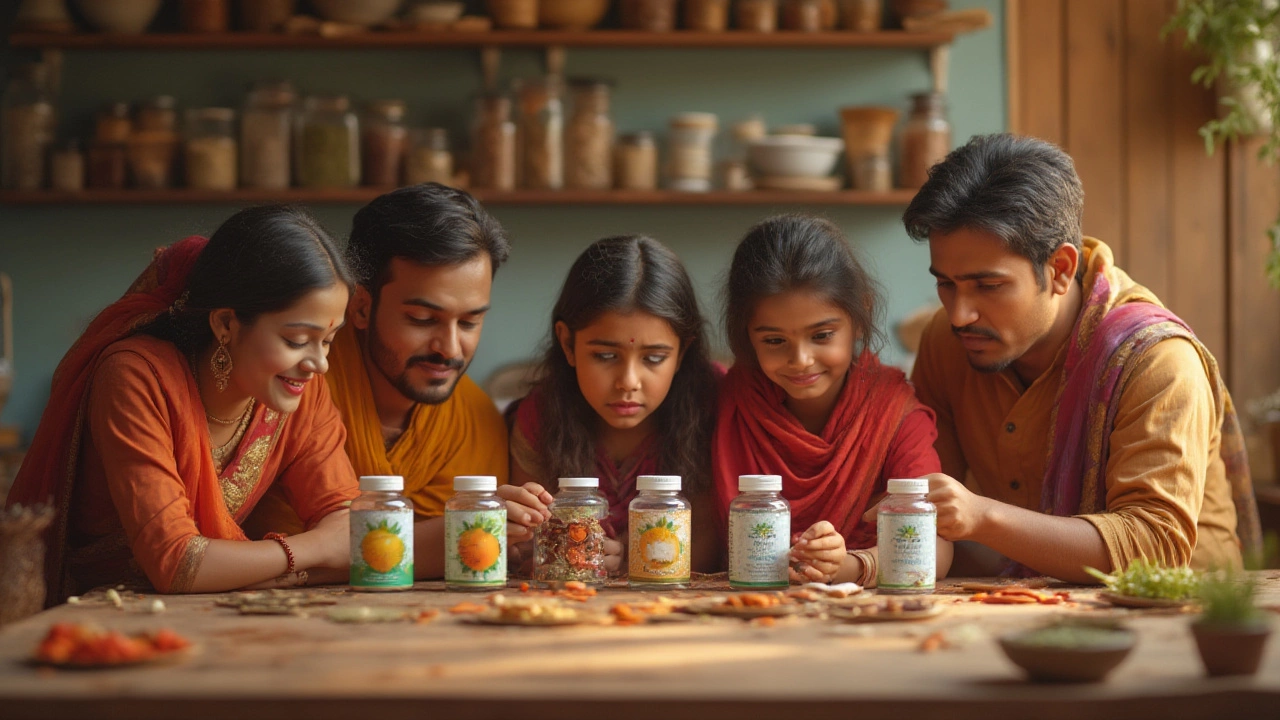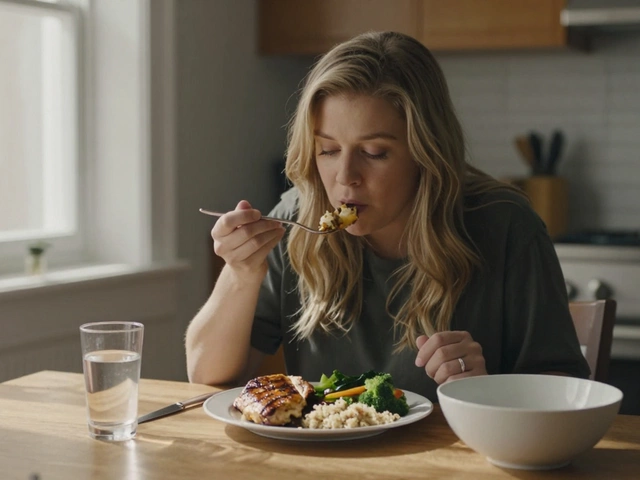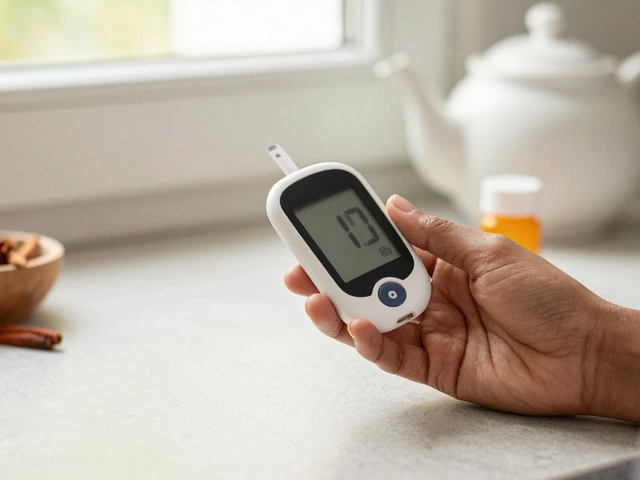Curious about supplements? Discover the five main types, their benefits, science, and safety tips, with key facts and practical advice to help you make informed choices.
Read MoreVitamins That Help Keep Pain at Bay
Ever wonder why some days you feel stiff and other days you move with ease? A big part of that difference is the vitamins you feed your body. Certain vitamins play a direct role in reducing inflammation, supporting joint health, and keeping nerves calm. Below we break down the most useful vitamins for pain‑free living, where you can get them in everyday Indian meals, and how to use supplements without overdoing it.
Top Pain‑Relief Vitamins and What They Do
Vitamin D helps your bones absorb calcium and keeps muscles working smoothly. Low levels are linked to chronic back pain and aching joints. A quick sunshine session (10‑15 minutes a day) or a bowl of fortified milk can boost your D levels.
Vitamin C is a powerful antioxidant. It fights the free radicals that inflame tissues after a hard workout or a minor injury. Citrus fruits, amla, and guava are cheap, tasty sources.
Vitamin B12 supports nerve health. If you’ve got tingling or numbness, a B12 shortfall might be to blame. Eggs, paneer, and fortified cereals supply the amount most adults need.
Vitamin E works side‑by‑side with Vitamin C to protect cell membranes from damage. Nuts, seeds, and sunflower oil give you a steady dose.
Vitamin K2 is less talked about but important for bone mineralization. Fermented foods like natto are rich, but in India you can get K2 from ghee and hard cheeses.
How to Add These Vitamins to Your Daily Routine
Start with food. A simple breakfast of curd with a spoonful of honey and a few slices of orange covers Vitamin D, C, and B12. Snack on roasted almonds and a handful of raisins for Vitamin E and a bit of iron.
If you’re vegetarian or vegan, pay extra attention to B12 and D. A daily supplement of 1000 IU of Vitamin D and 2500 µg of cyanocobalamin (B12) is often enough, but always check your doctor’s advice first.
Don’t forget timing. Fat‑soluble vitamins (A, D, E, K) absorb best with meals that contain some healthy fat—think a drizzle of mustard oil on your veggies. Water‑soluble vitamins (C and most B vitamins) can be taken on an empty stomach, but many people prefer having them with breakfast to avoid stomach upset.
Watch the dosage. More isn’t always better; excess Vitamin D can cause calcium buildup, while too much Vitamin E may interfere with blood clotting. Stick to the recommended daily allowance unless a health professional tells you otherwise.
Finally, track how you feel. Simple notes on pain levels, sleep quality, and energy can show you which vitamins are making a difference. Adjust your diet or supplement plan based on those real‑life results.
By focusing on the right vitamins, you give your body the tools to fight inflammation, protect nerves, and keep joints moving smoothly. It’s a low‑cost, natural step toward a life with less pain—something every Indian household can start today.





